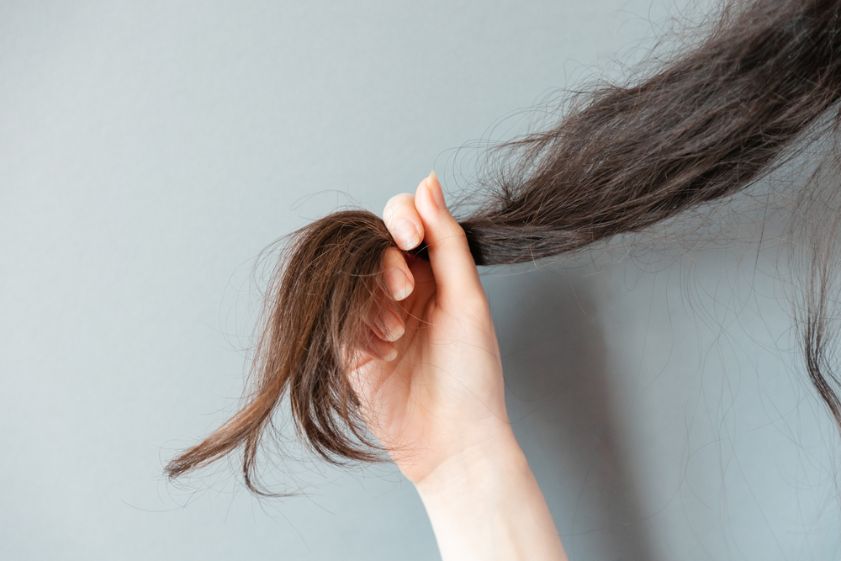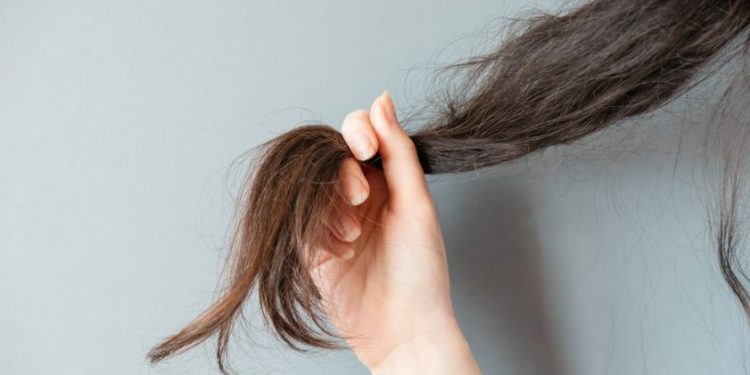Trichotillomania symptoms vary from person to person and may include:
The exact symptoms of trichotillomania depend on the severity and underlying causes of the condition. However, some common symptoms include:
Itching and irritation – Many people with trichotillomania have itchy or dry scalps that they cannot manage. This can cause them to pull out their hair.
Damage to the skin and tissue – Because they often pull out their hair from small, tight places on the scalp, it can lead to injury or scarring in these areas. This can require skin repair or grafting to restore the damaged skin.
Guilt and shame – People with trichotillomania may feel embarrassed about their condition. This can make it even harder to manage the urges and stop pulling.
Behavioral therapy and cognitive behavioral therapy are the most effective treatment for trichotillomania. These interventions teach patients how to control the behaviors that trigger hair-pulling and replace them with healthier, more effective habits.
Medication can also help. Medication, like serotonin and norepinephrine reuptake inhibitors, can reduce anxiety that often goes hand in hand with trichotillomania.

Counseling and psychotherapy can also be helpful. Psychotherapists use different approaches to treat trichotillomania, including cognitive behavioral therapy (CBT), habit reversal training and acceptance and commitment therapy.
Some people report good results with these types of treatments, while others need more intensive therapy. Other options are hypnosis and group therapy, which can help those with trichotillomania learn new ways to deal with their symptoms.
Treatment for trichotillomania usually begins with a careful diagnosis by a medical professional. The doctor will ask about your health and a detailed history of your symptoms. They may use the criteria in the Diagnostic and Statistical Manual of Mental Disorders, 5th edition to determine whether your symptoms match those listed for trichotillomania.
The doctor will likely rule out any other conditions that could be causing the itch and pain, such as eczema or psoriasis. They will also check for any other underlying disorders that might be contributing to your symptoms, such as depression or obsessive-compulsive disorder (OCD).
There is no cure for trichotillomania, but there are many things you can do to manage the symptoms and live a healthy life. You can start by finding a specialist who is familiar with the best treatment for this condition.
You can also try to avoid stressful situations and events that might trigger hair-pulling. For example, if you go to the store and are feeling anxious about a purchase, don’t make a decision to buy something until you have calmed down.
Your doctor can also prescribe a medication that will help you feel more relaxed, which can help with the urge to pull your hair. You may need to take the medication for a certain period of time before it starts working, but it’s worth the effort to prevent future episodes.
The most important thing is to find a doctor that you can trust and who has experience treating trichotillomania. This can be a difficult task, and you may have to try more than one doctor before you find someone who is right for you.









